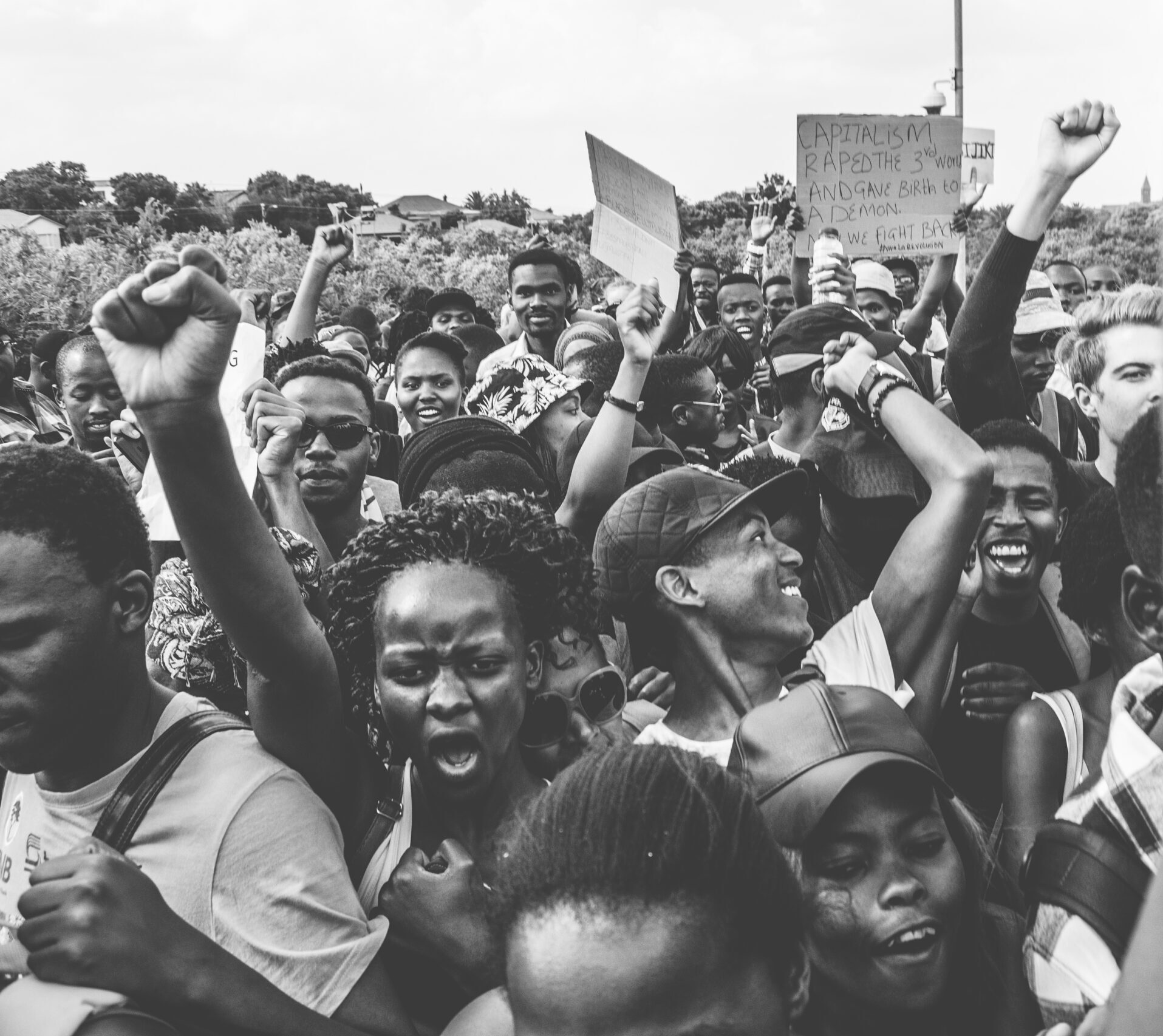Defending Dissent: Towards State Practices that Protect and Promote the Rights to Protest
INCLO published this report in partnership with the International Human Rights Clinic at the University of Chicago Law School
To actualize the protection and promotion of the rights to protest, international law has identified six legal principles that should guide and inform state engagement with protest and public assembly: legality, precaution, necessity, proportionality, accountability, and non-discrimination. However, there is little direction on how states and their policing and security institutions can operationalize these principles.
“Defending Dissent: Towards State Practices that Protect and Promote the Rights to Protest” aims to fill this gap by bridging the divide between principle and practice and providing guidance on how states can protect and promote protest and public assembly. It builds upon previous efforts undertaken by INCLO and the UN Special Rapporteur on Freedom of Peaceful Assembly and of Association to identify general principles and good practices of protest policing.
The report relies on information gathered from comparative desk research on policies and practices on policing protests, interviews with policing experts in eight countries, as well as consultations with and the expertise of INCLO organizations engaged in advocacy on human rights and policing. It is organized around three themes: (1) Preventive measures and institutional design; (2) Tactics and the use of force; and (3) Accountability and oversight. Within these themes, the report describes good and bad practices and provides recommendations on how international standards and principles can be implemented through national laws and regulations.
Download the executive summary here and the full report here.
